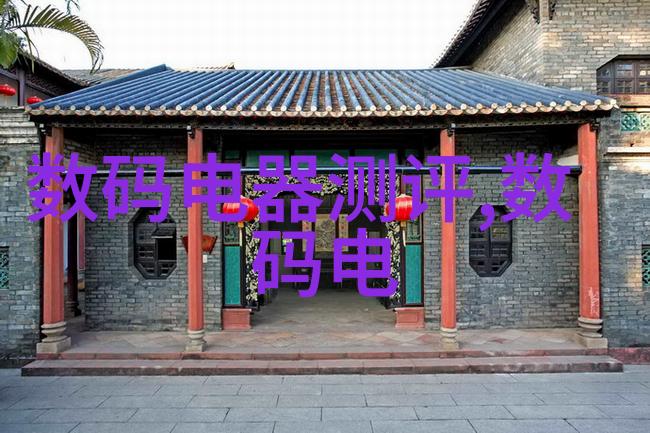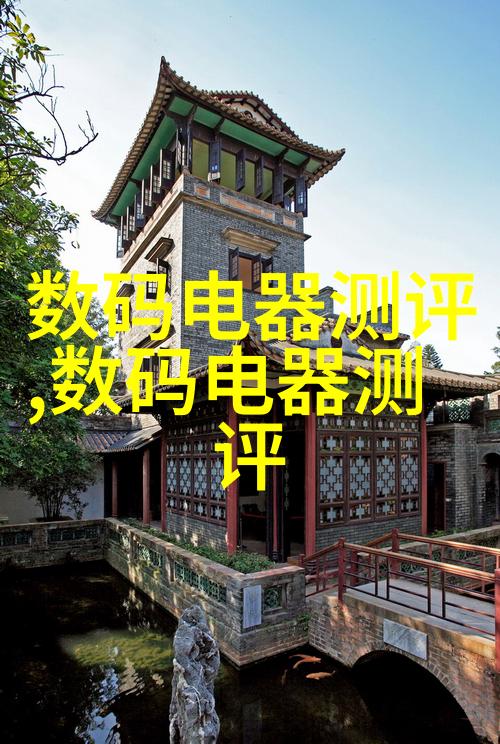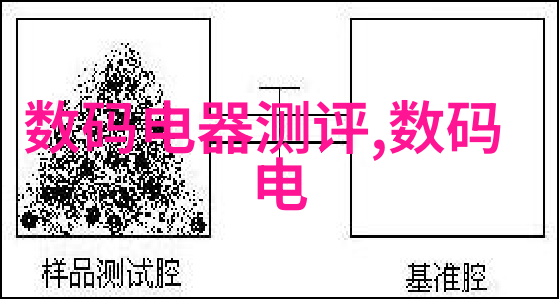您现在的位置是: 首页 - 测评 - 历史地位_ 八大的遗产如何影响后世 测评
历史地位_ 八大的遗产如何影响后世
2025-02-02 【测评】 0人已围观
简介历史地位:八大的遗产如何影响后世 在中国古代,政治权力通常是由一群杰出的官员共同掌握,他们被称为“八大员”。这些人不仅在朝廷中占据重要位置,而且他们的政治智慧、行政能力和对国家事务的深刻洞察力使得他们成为决定一个时代命运的人物。八大员不仅代表了当时的最高决策者,也是传承文化和制度创新者的楷模。 1.8大员的崛起与影响力 《史记·封禅书》中记载,秦始皇统一六国后,将其重要官吏分成三等级
历史地位:八大的遗产如何影响后世

在中国古代,政治权力通常是由一群杰出的官员共同掌握,他们被称为“八大员”。这些人不仅在朝廷中占据重要位置,而且他们的政治智慧、行政能力和对国家事务的深刻洞察力使得他们成为决定一个时代命运的人物。八大员不仅代表了当时的最高决策者,也是传承文化和制度创新者的楷模。
1.8大员的崛起与影响力

《史记·封禅书》中记载,秦始皇统一六国后,将其重要官吏分成三等级,以确保中央集权制下的稳定。这种制度安排,为后来的“八大员”提供了可能。在汉朝,丞相(如韩非)、御史大夫(如李斯)等角色逐渐演变成更为正式化、规范化的职位,其地位与权力日益增强。
2.法治之手:维护社会秩序

作为执政者的代表,“八大员”肩负着维护社会秩序、执行法律的手段。这包括监察过失官吏、审理重大案件以及推动法律改革。例如,汉武帝时期的大将军霍光,他通过严格法治来巩固自己的地位,并且减少了皇帝对宦官干预政府事务的依赖。
3.制度创新:推动变革

为了应对外部挑战和内部矛盾,“八大emanaged to introduce new institutions and policies, which had a profound impact on the development of Chinese society. For instance, during the Tang Dynasty, Prime Minister Li Linfu implemented a merit-based appointment system for officials, which significantly improved the efficiency and fairness of governance.
4.文化传承:儒家思想贡献

"Eight Great Officials" played an important role in promoting Confucianism as a state ideology. They believed that Confucius' teachings could provide moral guidance for rulers and stabilize society by emphasizing social hierarchy and filial piety.
5.英雄时代 : 影响一个时代
The contributions of "Eight Great Officials" were instrumental in shaping China's history during their respective reigns. They set precedents for future generations, influencing political thought, administrative systems, cultural values and even foreign policy decisions.
6.人物剖析 : 背后的故事和性格
Understanding the personalities and motivations behind these powerful figures can offer valuable insights into their decision-making processes and how they managed to wield such significant influence over their times.
7.政治智慧 : 在处理国家事务中的策略
Strategies employed by "Eight Great Officials" included balancing power between different factions within the government or using diplomacy to maintain alliances with neighboring states.
8.历史地位 : 遗产如何影响后世
The legacies left behind by these influential individuals have continued to shape China's politics long after they passed away from office or died naturally.
Their ideas about governance remain relevant today: meritocracy is still valued in Chinese bureaucracy; Confucian ethics continue to be incorporated into education curricula; legal reforms are ongoing efforts aimed at improving public trust in justice systems; etcetera.
In conclusion,
the eight great officials contributed not only towards maintaining order but also towards progress through innovation,
cultural transmission,
and institutionalizing norms that would last beyond their lifetimes.
These lessons remind us that even though historical contexts may differ,
the importance of integrity,
wisdom,
and vision remains unchanged throughout time






